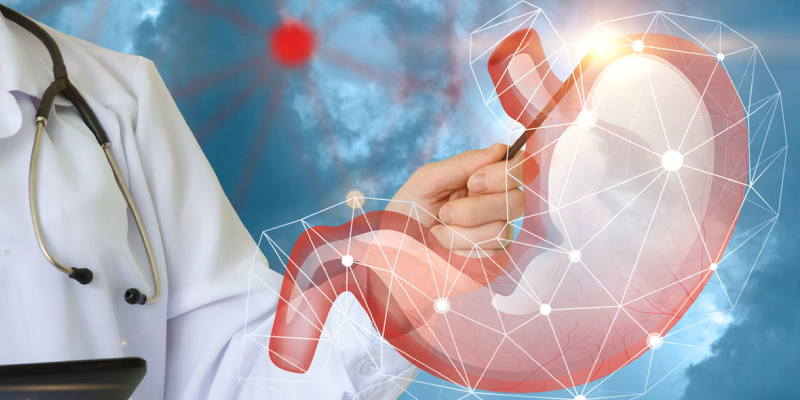What is Endoscopy?
Endoscopy is a minimally invasive medical procedure that allows doctors to examine the interior of the body using a flexible tube with a camera (endoscope). This procedure is commonly used to diagnose and treat various conditions of the gastrointestinal, respiratory, and reproductive systems. At Nividh Hospital, we utilize advanced endoscopic techniques to provide accurate diagnoses and effective treatments with minimal discomfort and quick recovery.
Who Needs Endoscopy?
You may need an endoscopy if you experience :
- Persistent abdominal pain, bloating, or nausea
- Unexplained weight loss or difficulty swallowing
- Gastrointestinal bleeding or unusual bowel movements
- Recurrent respiratory issues or difficulty breathing
- Suspected tumors, polyps, or abnormalities in the digestive system
- Conditions like Crohn's disease, ulcers, or gastrointestinal reflux
Types of Endoscopy We Provide
1. Gastroscopy (Upper Endoscopy) :
- A procedure used to examine the upper digestive tract, including the esophagus, stomach, and duodenum
- Used for diagnosing conditions like GERD, ulcers, and cancers
2. Colonoscopy :
- An examination of the colon and rectum to detect abnormalities such as polyps, tumors, and signs of colorectal cancer
- Recommended for individuals over 50 or with a family history of colon cancer
3. Bronchoscopy :
- A procedure to examine the airways and lungs, used to diagnose lung infections, tumors, and airway obstructions
- Helps with respiratory conditions like chronic cough, wheezing, or blood in sputum
4. Laparoscopy (Diagnostic and Surgical) :
- A minimally invasive procedure to examine the abdominal cavity, commonly used for gynecological, gastrointestinal, and other abdominal concerns
- Allows for the removal of tissue samples, biopsy, or surgical repairs with minimal scarring
5. Cystoscopy :
- An endoscopic procedure used to examine the bladder and urethra
- Used to diagnose urinary tract issues like infections, bladder cancer, or kidney stones
6. Endoscopic Ultrasound (EUS) :
- Combines endoscopy with ultrasound technology to provide detailed imaging of internal organs like the pancreas, liver, and bile ducts
- Used for diagnosing conditions such as tumors, cysts, and gastrointestinal diseases
Benefits of Endoscopy
Minimally Invasive – Small incisions or natural body openings are used, leading to less pain, reduced risk of infection, and faster recovery
Accurate Diagnosis – Provides direct visualization of internal organs for a precise diagnosis
Effective Treatment – Some endoscopic procedures can treat conditions during the exam, such as removing polyps or taking biopsies
Quick Recovery – Most procedures require no overnight stay, allowing you to resume normal activities sooner
Reduced Complications – Lower risk of complications compared to traditional surgery due to minimal intervention
Recovery & Post-Treatment Care
Procedure Time : Varies by type of endoscopy (typically between 30 minutes to an hour)
Post-Treatment Monitoring : Observation for a short period to ensure there are no immediate complications (e.g., after colonoscopy or gastroscopy)
Lifestyle Recommendations : Guidance on diet and activity levels following your procedure to promote healing
Follow-Up Care : Additional tests or consultations may be necessary, depending on the findings during the endoscopy
Why Choose Nividh Hospital for Endoscopy?
Advanced Diagnostic Technology – Cutting-edge endoscopic equipment for accurate and efficient diagnostics
Expert Medical Team – Our skilled gastroenterologists, pulmonologists, and surgeons are experienced in performing complex endoscopic procedures
Comprehensive Care – From diagnosis to treatment, we provide a holistic approach to managing your health
Minimally Invasive Procedures – Focusing on comfort, quick recovery, and precision
Patient-Centered Care – Compassionate care tailored to your specific needs, ensuring a smooth and comfortable experience









